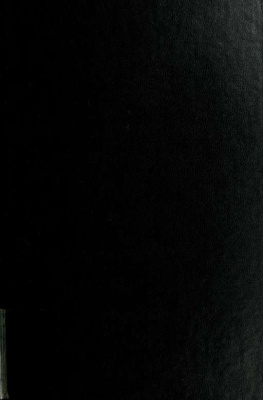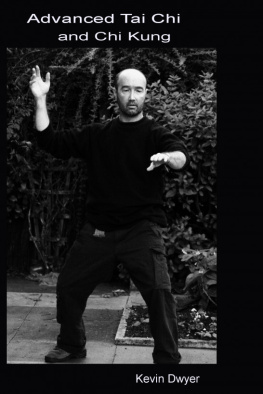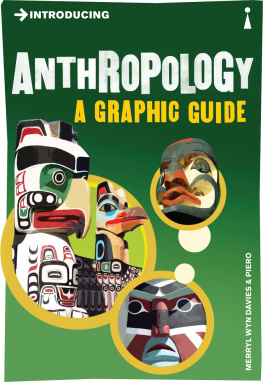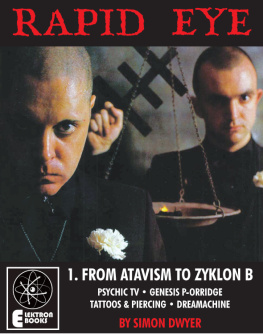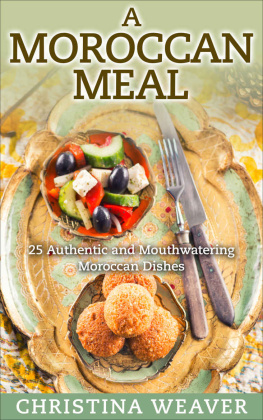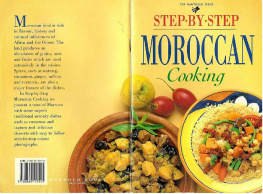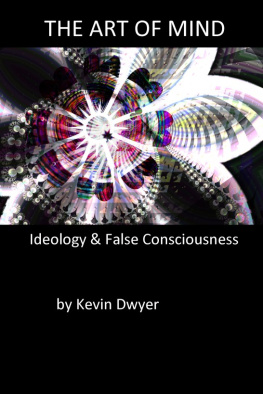This book made available by the Internet Archive.
Demo version limitation, this page not show up.
Let's say that I feel tempted and I see the person who can satisfy me. I must draw away right away. If you are the one who is no good and I begin to talk to you, that means that I am going to transgress. I must keep away from you from the first, I must keep from talking to you. That is the meaning. Are the Derqawa like that?
paragraphs that follow. Another distinction sometimes drawn, which I do not pursue here, is that between nqi (clean) brotherhoods and mussekh (dirty) ones; the Tijanni are at the clean end of the scale (see Geertz 1980, pp. 156-58).
46 / A "RECORD" OF FIELDWORK
Well, the Derqawa, no. The Derqawi will see what he wants and will then call it "healthy." Yet, their Way is an acceptable one. Yes, it is acceptable, but they find it hard to obey restrictions.
BETWEEN MAN AND GOD...
There are those who say that there is no one between men and God, that because we are all the same...
We are all children of Adam and the origin of each of us is with God. But for God to show me what is inside your head, or to show you what is inside minethat doesn't happen. However, the Lord knows all that is inside our heads, and he sets us in motion, and we play around as we wish.
So how can someone, such as Sidi Hmed Tijanni, come between us and God?
From piety. He worshiped God. He worshiped God until God opened the way for him. And the Lord began to speak to him, to send him messages, through Mustafa, the Messenger of God," and through our Holiness Gabriel. They say, you know, that Mustafa the Messenger of God does nothing until the Call comes. He can't do anything alone. Haven't you heard that he is the most powerful in matters of fighting, and in other matters? As he was in the matter of our Holiness Ali and all that. It was he who commanded our Holiness Ali during those Holy Wars. You know who our Holiness Ali was? The Prophet's father's brothers son?^-*
Yes. But our Holiness Ali could do nothing until the Prophet sent him. And the Prophet wouldn't send him, until the representative from God would come to the Prophet. The Prophet wouldn't simply tell him, "Go!" No. He'd stay still until the Call from God would come, saying, "Send him, with the praise of God." Did the Call from God come to Sidi Hmed Tijanni?
**The Prophet Muhammad, whom Muslims lake to be the last of the prophets, the seal of the prophets, and to whom God is believed to have communicated the holy word of the Koran, is variously referred to as "the Prophet," "the Messenger of God," and "Mustafa" (the chosen one).
^Upon the death of the Prophet Muhammad in 632, his cousin and son-in-law Ali claimed the right, as the Prophet's closest relative, to succeed to the leadership of the Islamic community. This right was challenged (particularly by the Prophet's wife, 'Aisha), and others seized the leadership. It was not until 656 that Ali was able to assert his claim effectively, establishing the Islamic caliphate in Kufa, Iraq. His rule was neither long nor even fully accepted within the Islamic community. Renewed disputes broke out over the caliphate, and in 661 Ali was assassinated in the Kufa mosque. Ali's descendants and followers continued to struggle but were unable to regain clear supremacy except in certain regions. The followers of Ali, known as the Shi'a, continue to be of great importance in selected areas in the Middle East (but not in North Africa), including Lebanon, Syria, Iraq, Iran, and several of the Gulf states.
47 / A MEETING OF THE RELIGIOUS BROTHERHOOD
It came from the Mustafa, from the Prophet Muhammad. You know it is not only what comes through him which is from God. Everything is from God, but this came to Sidi Hmed Tijanni by means of the Mustafa, through the religion. And the Mustafa told him, "Do this and do this," and so Sidi Hmed Tijanni praises God and praises the Mustafa in his litany of praise. The litany that we recite now, Sidi Hmed Tijanni recited until he succeeded, until God the Almighty came to answer him. Then he imposed it upon his followers. And similarly for the Derqawa, and for the others. In the same way. And that is why they praise God in their ways. Do you, as a Tijanni, believe that the Sheikh of the Derqawa reached God?
Well, in any event, the saints, all of them, all of them were answered by God the Almighty. He answered them. He answered them, for example, in dreams, and there are those to whom He sent messages. You know, our Holiness Muhammad the Messenger of God says to the saint, "Go and do this." For example: our Holiness Gabriel brings the message from Our Master and tells it to our Holiness the Messenger of God; our Holiness the Messenger of God tells the sheikh to perform that act. That is what it is about.
If the saint doesn't actually see the Prophet, he might dream of him, see him in dreams, side with him; then they conclude their pact. And the Prophet would say to him, "Do this." And the saint would know if it was the Devil who had come, or if it was our Holiness the Messenger of God who had come.
If you see a man on the road, do you know whether he is a Tijanni or a Derqawi?
The Derqawa have one obvious characteristic: they always have their rosary showing, so that they can be distinguished from others. And their rosary has thick beads. And there is something else: if you don't recognize him from his beads, watch how he greets someone. If he uses a special handshake, you know he is a Tijanni; if he kisses and bows as toward God, you know he is a Derqawi. They do one thing, those Derqawa: they kiss the head. We don't. We just use a special handshake.
And now they have hung upon us a name. They call us, "the ones who bow." But they are the ones who do that. No, our practice is just to grasp one another's hand, and there is nothing wrong in that. There is no reason to... you should bow to no one but God.
Are the Tijannis better than the Derqawa?
Well, in any event, it is in this matter as it is said in the books: "Is the Prophet, God bless him and grant him salvation, better, or are his companions?" They are all good, they are all fine. But the Prophet was preferred by the Lord. He was the Prophet before he was born.
All the saints, I mean all of the prophets, for example, their prophecies settled upon them only after they had already been born, when
48 / A "RECORD" OF FIELDWORK
they were alive. But the Prophet, God bless him and grant him salvation, people were putting themselves under his protection and he was not yet born. Because he is the last of the saints, I mean the last of the prophets, the last of the prophets. And people were uniting under him, were committing themselves to him and he was not yet born. Because of that power of God's that he displayed. And, as with the Prophet and the prophets, so with Sidi Hmed Tijanni and the saints, as I showed you before.

